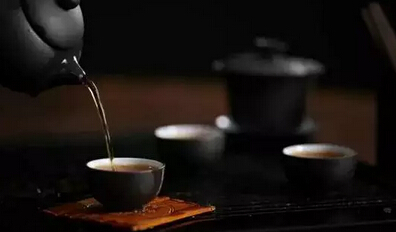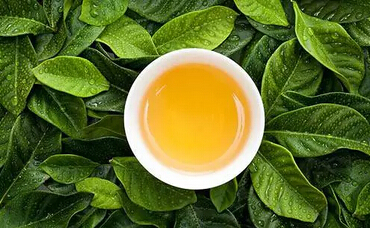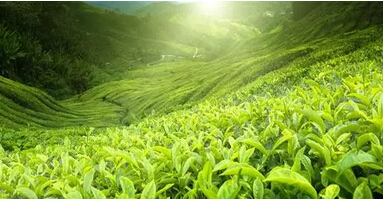Tea is a unique and long-standing cultural symbol of China. Tea leaves are undoubtedly a fragrant carrier of this culture!

Bitter Tu
An ancient Sichuan dialect term for tea. From The Classic of Tea: "Tu, bitter tea." Guo Pu's annotation: "Small trees like gardenias, winter leaves, can be boiled for soup. Early-picked leaves are called 'tu,' late-picked are 'ming,' also known as 'chuan,' Sichuan people call it 'bitter tu.'" Lu Yu's Tea Classic quotes Hua Tuo's Dietary Theory: "Long-term consumption of bitter tea enhances thought."
Tu Zhi
A variant or ancient form of the character for "tea." Qing scholar Hao Yixing's Annotations on the Erya: "Early texts still used 'tu' for tea; it was not until Lu Yu's Tea Classic in the Tang Dynasty that the character was simplified to 'tea.'" Gu Yanwu of the Qing Dynasty noted: "The character 'tu' for tea and 'tu' for bitter herbs were originally the same. Later, the character was mistakenly simplified to 'tea.'"
Water Calamity
A playful term for tea among Northerners during the Wei-Jin period, who were unaccustomed to drinking it. From Records of the Buddhist Temples of Luoyang: "Liu Hao admired Wang Su's tea-drinking habits. Prince Pengcheng teased him: 'Why not enjoy noble delicacies instead of this "water calamity"?'"
Milk Slave
A nickname for tea, implying it was inferior to dairy. Northern Wei people, fond of dairy, mockingly called tea the "slave of cheese." From Records of the Buddhist Temples of Luoyang: "Wang Su, when asked about his preference for tea over cheese, replied: 'Tea is unworthy—it can only serve as cheese's slave.'"

Floral Froth
A poetic name for tea foam, resembling flowers and milk. Tang poet Liu Yuxi wrote: "To understand tea's pure taste, one must be a recluse among clouds and rocks."
Dispeller of Worries
A nickname highlighting tea's calming effects. Tang poet Shi Jianwu wrote: "Tea is the dispeller of worries, wine the forgetter of sorrows."
First Brew
In Tang tea preparation, the first infusion was called "jun yong," reserved for balancing flavor or serving guests. Lu Yu's Tea Classic describes its use in tea ceremonies.
Moon Cake
A metaphor for compressed tea cakes, often compared to the moon in poetry. Tang poet Lu Tong wrote: "Unwrapping the letter, I see three hundred moon-like tea cakes."

Nectar
A praise name for tea. From Lu Yu's Tea Classic: "Prince Ziluan tasted tea and exclaimed: 'This is nectar, not mere tea!'"
Supreme Herb
Tang poet Du Mu praised tea as the "supreme herb" in his poem Ode to Tea Mountain.
Golden Cake
An elegant term for compressed tea. Tang poet Pi Rixiu wrote: "First roasting the golden cake, then savoring its sweet nectar."
Noble Tree
A tribute to the tea plant. Lu Yu's Tea Classic begins: "Tea is the noble tree of the South."
Tea Spear
Unopened tea buds, resembling spears. Tang scholar Lu Guimeng described them in his poetry.
Jade Among Grass
A poetic name for tea's tender leaves. Five Dynasties poet Zheng Ao praised tea's aroma and spiritual qualities.
Harsh Mentor
A humorous nickname for tea's bitter taste. Song scholar Tao Gu recorded a poet calling tea the "harsh mentor" for its astringency.
Cicada Wings
A delicate Sichuan tea named for its thin, tender leaves. Ming scholar Zhang Qiande listed it among premium teas.